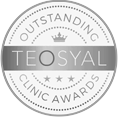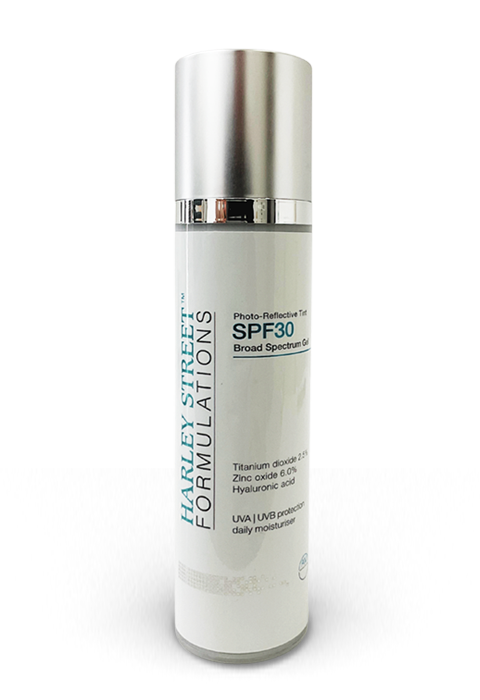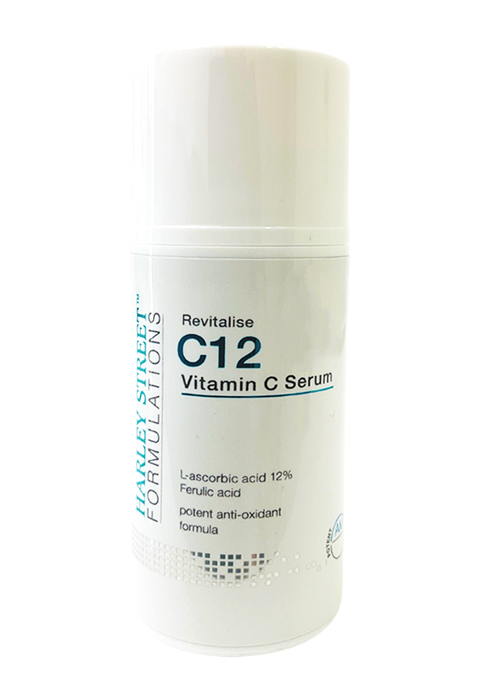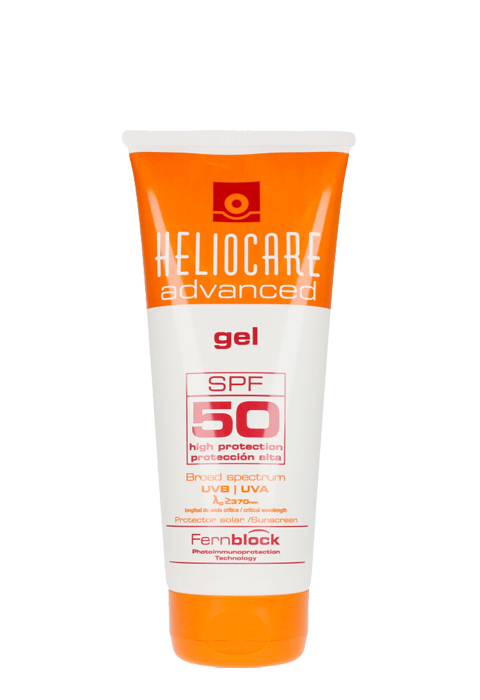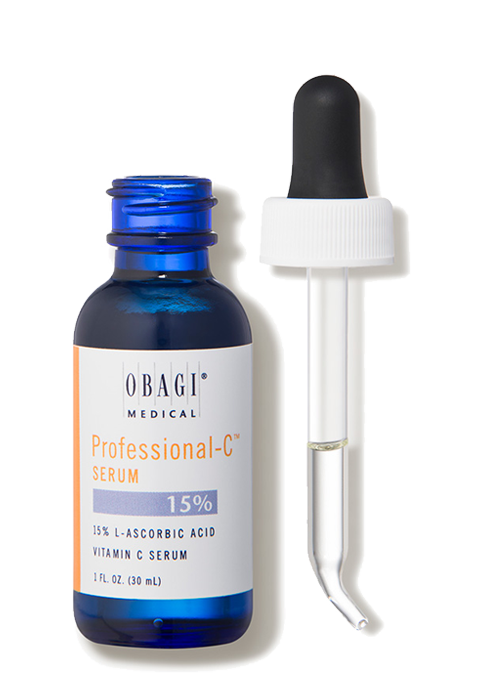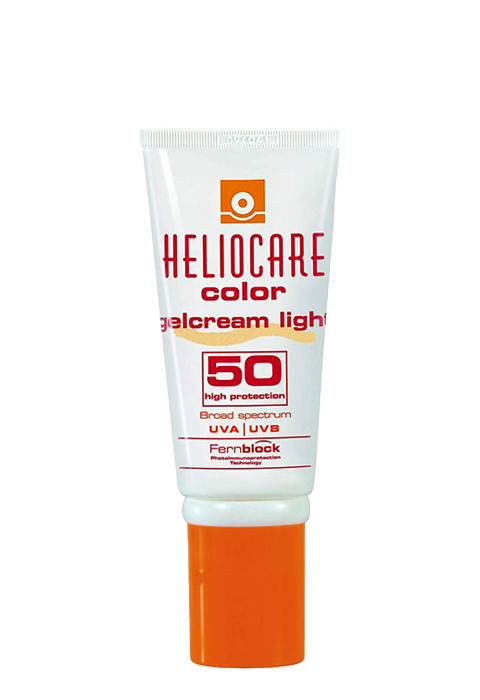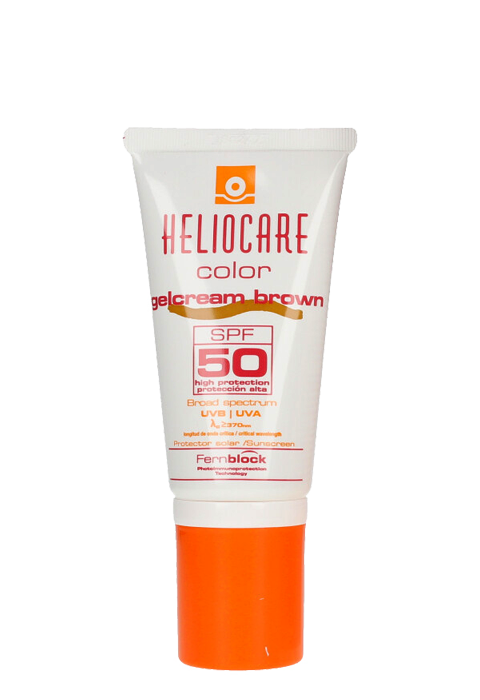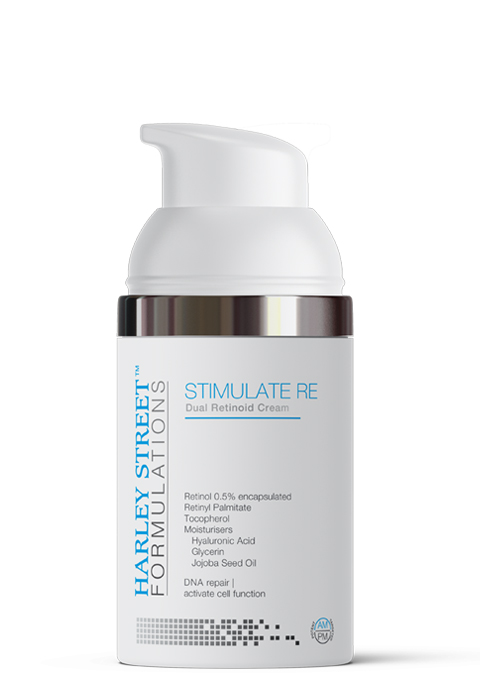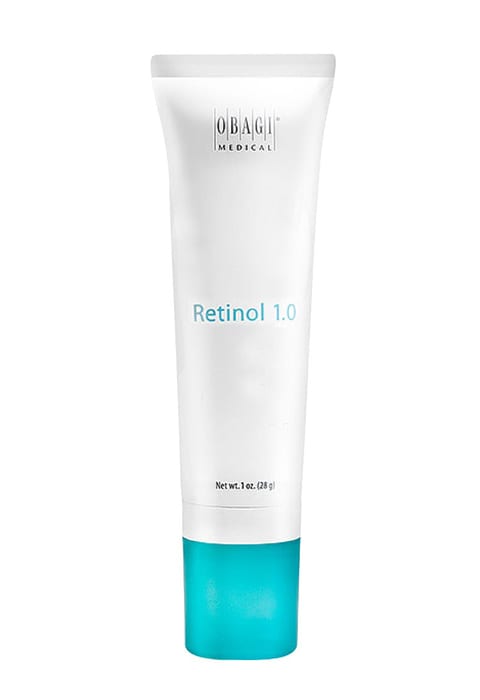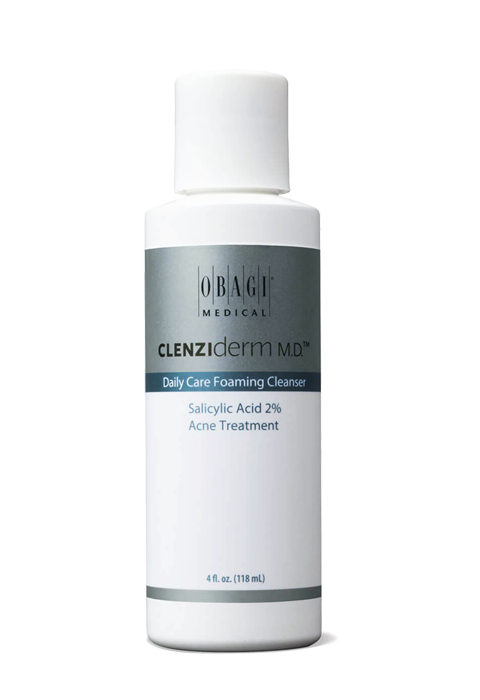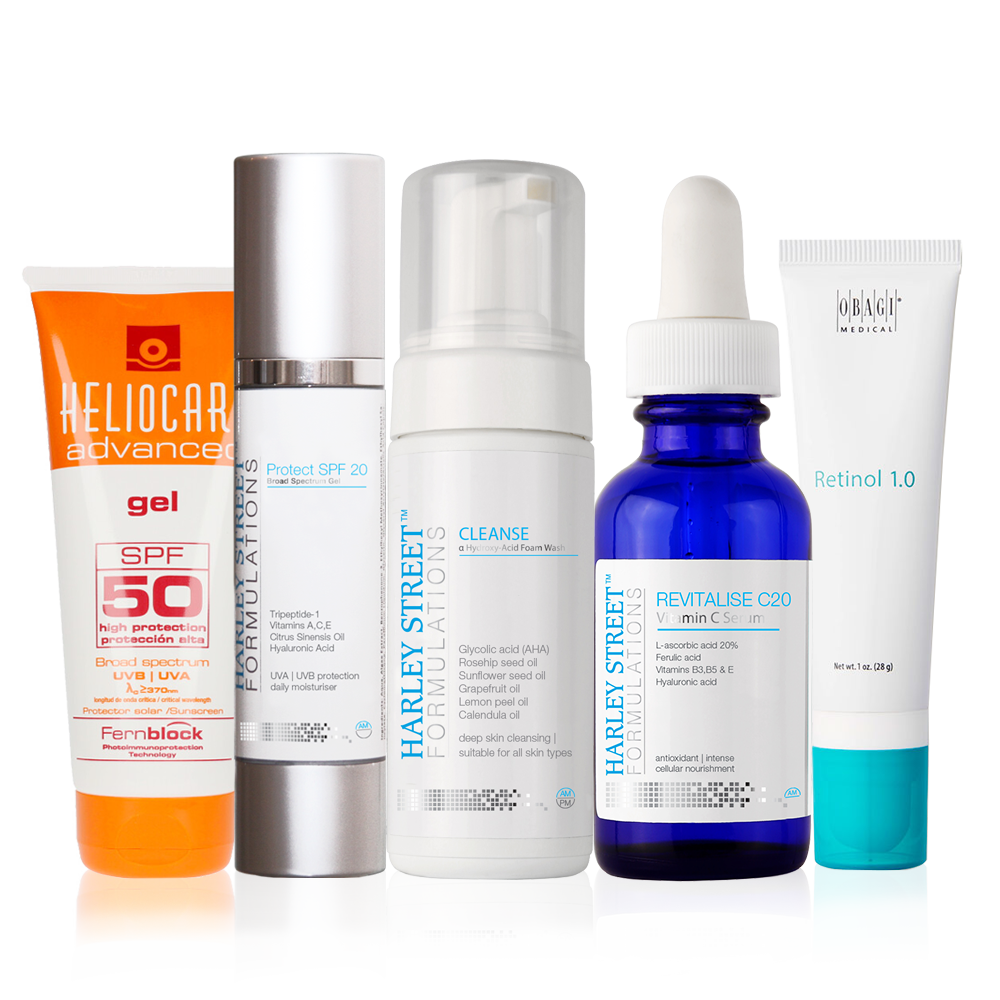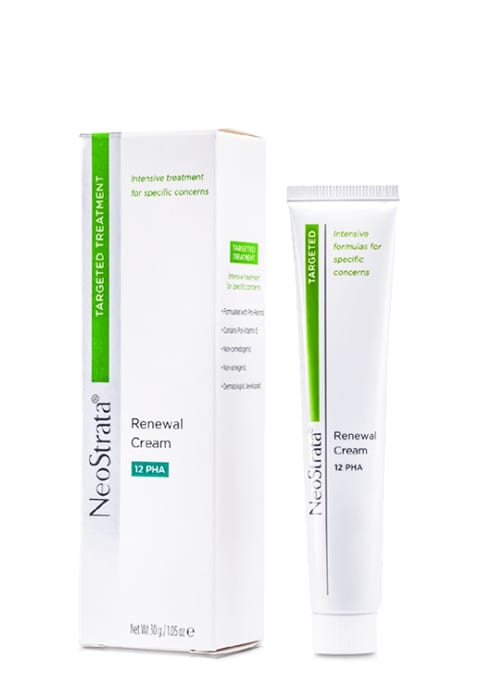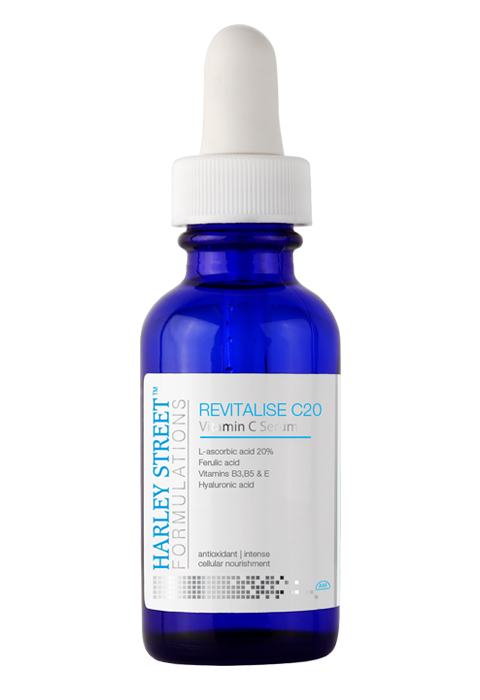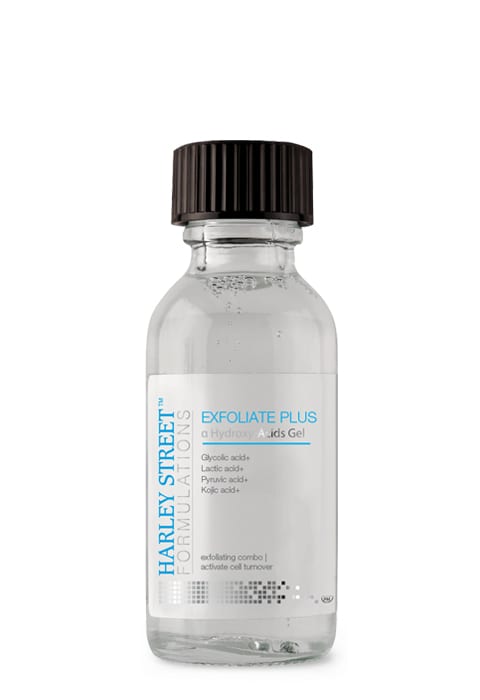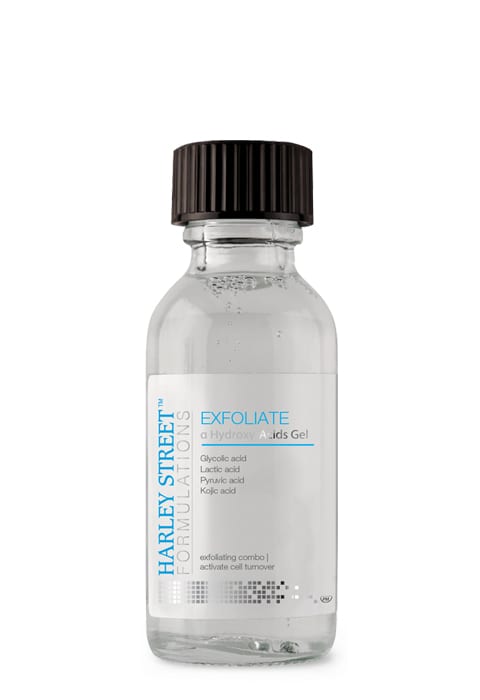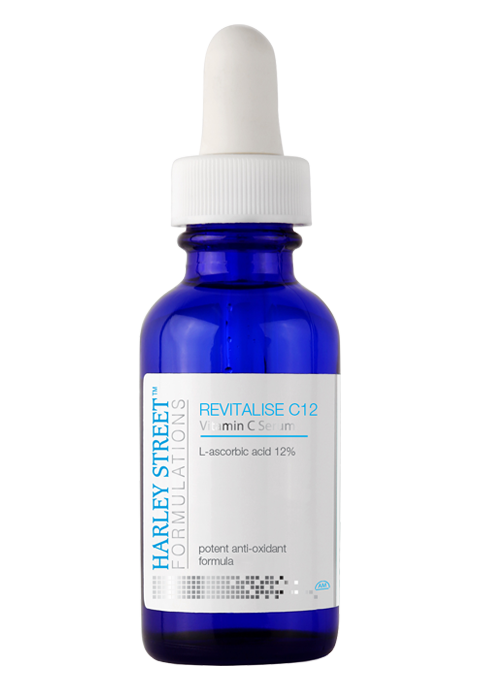- Anti Ageing At A Glance
- Biophysical Skin Changes - In-Depth Analysis
- Epidermis - The First Skin Layer
- Dermis - The Second Skin Layer
- Hypodermis- The Deepest Skin Layer
- Visible Skin Signs Of Ageing
- What Causes Skin Ageing? A Summary
- CRES Principles - A Summary
- The "C" Of CRES Principles: Cleanse
- The "R" Of CRES Principles: Revitalise
- The "E" Of CRES Principles: Exfoliate
- The "S" Of CRES Principles: Stimulate
-
Injectables
-
Botox -
Dermal
fillers -
Lip Fillers -
Non Surgical
Nose Job -
Chin Filler -
Under Eye Circles
(Tear Trough) -
Non Surgical
Face Lift -
Masseter Botox -
Jawline Filler -
Cheek Fillers - Calf Reduction
- Nefertiti Lift (Platysma) & Turkey Neck Bands
- Bunny Lines (Nose Wrinkles)
- Lip Flip
- Trigger Point Release
- T-Zone Oily Skin
- Dimpled Chin
- Nasal Flaring
- Gummy Smile
- Bruxism / TMJ
- Migraines / headaches
- Neck lines
- Forehead Indentations
- Profhilo
- PDO threads
- Hyperhidrosis (excessive sweating)
- Fat Dissolving
-
-
Skin & Body
-
 V i s i t
V i s i t
- Chemical Peel
- Peel To Reveal Popular
- PRP (Vampire Facial)
- Prescription Grade Skin Care Popular
- Charity A Peel
- Hydrafacial
- Micro Needling (electronic) Popular
- Acne Treatments
- Facial Thread Veins
- Leg Veins (Spider/Thread Vein)
- Skin Tag Removal
- Ageing Skin Concerns
- Hyperpigmentation
- Facial Volume Loss
- Lines & Wrinkles
- Sun Damage
- Stubborn Fat Deposits
- Black Heads & White Spots
- Jawline, Jowls & Double Chin
- Cellulite
- Tired Eyes
- Neck - Lines, Wrinkles & Cords
-
- Glow & Go TM Skin Shop
- Book an Appointment Book
- CosmeShop
- Cosmetic Surgery
- CosmeTalk
-
COSMESURG| Surgical
-
| Professional EducationHARLEY STREET
INSTITUTE -
| Skin CareHARLEY STREET
FORMULATIONS -
GLOW & GO| Skin Bar Clinic
-
COSMETALK| Public Education
-
INJECTABLES
Injectables
-
SKIN & BODY
Skin & Body
-
COSMESHOP
-
COSMETALK
View All Posts
Dermal Fillers Before And After – Get The Better Version Of Yourself Today
It is true! Beauty industry has been revolutionized, aesthetic treatments have been personalized and new beauty… - ABOUT US& Treatment Criteria
The “C” Of CRES Principles: Cleanse
CRES principle has four components and out of them, Cleanse is the first and one very important step. Your skin is constantly exposed to harsh environmental conditions. There are various types of pollution that you face every day. Pollution not only affects your general health and quality of life but your skin is also a big victim. The air around you is not clean. There are millions of tiny particles suspended in it that comprise of dust, smoke, bacteria, and various other harmful agents.
What Are Pores And Their Functions?
Your skin is not completely smooth. There are teeny tiny pores that allow it to breath. Maintaining pores is necessary for healthy functioning of your skin. There are two major kinds of glands found in your pores, sweat glands and sebaceous glands. Sweat glands produce sweat and have a role in thermoregulation of your body while sebaceous glands produce sebum which performs many function. However, the pollution in your external environment is not a friend of your skin pores. Your skin is constantly exposed to various agents in air, no matter indoors or outdoors. These agents can get deposited on your skin and can go deep into your pores. When you wash your face, you usually just wash out deposited pollution superficially and all what is present in pores stays there. It keeps accumulating there with time and ends up in clogged pores.
How Pores Become Enlarged?
As we have mentioned earlier, visible pores are a sign of ageing. But how do pores become visible? When dust and debris starts accumulating in your pores, it increases pore size.Debris also includes dead skin cells that are not exfoliated over the time so keep layering up and falling in the pores. Over the time more and more debris makes in place in your pores, making your pores permanently enlarged. It gives your skin uneven and aged look.
Debris Accumulation Can Destroy Your Skin
When this debris and dust accumulates in your skin, it also affect the surrounding skin by destroying collagen and elastin fibres. These two kinds of fibres are responsible for maintaining youthful, firm, and elastic look of your skin. Without proper amount of them, skin starts looking wrinkled and saggy. So this doesn’t only affect the pore but surrounding skin is also a victim. The air around you, hence, is a silent enemy of your skin and your regular face wash is not enough to do the job.
What Skin Problems Do Enlarged Pores Lead To?
Enlarged pores don’t only give an uneven and unpleasing look to your skin but they are a root cause of various other skin issues. When debris is present in pores, bacteria proliferate more easily, leading to skin infection and acne. This acne can later lead to scars, known as post-inflammatory hyperpigmentation (PIH). Other problems are increased bacterial growth, skin inflammation, age spots, and milia.Milia are cyst like some bumps that can form on your skin. They typically appear on nose and cheeks and usually are more than one.
When you age, your pores naturally become more lax and atonic. Debris and dust in your pores, however, can fasten the process and you can end up with an atonic and saggy skin even before time.
What Do You Need To Do To Avoid All These Issues?
CLEANSE! Yes, that’s the answer to your various skin problems. A proper cleansing routine with authentic products makes sure that your skin and pores are free of all impurities, dirt, and debris. This saves from further consequences that lead to skin ageing. It also gives skin a healthy and glowing look and takes away dullness and lifelessness.
So What Kind Of Cleansing Do You Need?
Your skin is a sensitive and delicate organ that is highly susceptible to external elements. It therefore has some basic needs in order to stay in the best of its conditions. One of such basic need is cleansing. There are different kinds of cleansing.
It is essential to remove makeup and dirt with normal everyday facial washes to maintain the skin’s integrity. However, effectively cleansing the pores with ordinary facial washes can be difficult. These washes usually only remove a fraction of dirt and debris from your skin, leaving behind the rest to make your skin vulnerable to ageing. So what is the solution in such situations? DEEP CLEANSING!
What Is Deep Cleansing?
Deep cleansing is a more effective way of getting rid of impurities, dirt, and debris. It makes sure that your skin is deeply cleansed. This way it keeps pores healthy and squeaky clean, making sure that your skin doesn’t show signs of ageing as described above. Deep cleansing products mildly exfoliate your skin as well and hence you can get two benefits in a single product.
What Are Different Deep Cleanse Agents?
Deep cleanse agents are different from the agents that superficially cleanse your skin. They are more potent than your traditional face washes. However, there are many different face washes available in markets which have deep cleanse agents in them. List of a few popular agents is following.
- Salicylic acid
- Lactic acid
- Mandelic acid
- Glycolic acid
Salicylic acid is the active ingredient in most acne washes and continues to hold on to its title as the most effective deep skin cleansing ingredient against skin breakouts. It is lipid soluble and hence extremely effective in removing oil and debris deep within pores, as well as exfoliating the pore lining of dead skin cells. It is also effective in reducing blackhead and whitehead formation.
Other ingredients commonly used in every day cosmeceutical washes, as mentioned above, are other AHA molecules (lactic, glycolic, mandelic acids) that help exfoliate as well as cleanse the skin. AHAs are water soluble and do not penetrate the pores as deeply but nevertheless are very popular in skin cleansers for normal to dry skin types as they exfoliate the surface of the skin and prevent dead skin from falling into and getting trapped inside a pore.
What Are The Pros And Cons Of Different Deep Cleansing Agents?
Deep cleansing agents have different properties. Let’s have a look to make it easy for you to choose one.
Salicylic Acid
It is the most popular and the most widely used deep cleanse agent. It is beta hydroxyl acid (BHA) and has following benefits.
- It has antimicrobial properties
- It’s an anti-inflammatory agent
- It’s an anti-comedogenic
- It acts against dandruffs
- Therapeutically used as a keratolytic (peeling) agent to treat calluses, acne, photo-ageing, pigmentation, surface roughness and fine lines
- Reported to be photo-protective at low doses in topical preparations
- Strong anti-bacterial function known for decades (down-regulation of fibrinogen, fibronectin and alpha-haemolysin virulence factors)
- It is lipophilic and penetrates deep into pores with slower skin penetration (less irritation) allowing deep exfoliation
Following are a few cons associated with salicylic acid.
- Excessive skin dryness
- Overcompensation by sebaceous glands to produce oil, ultimately resulting in more skin oil
- Damages to the barrier function of the skin, leading to skin irritability and reduction in cosmetic appearance
Lactic Acid
Lactic acid is an alpha hydroxyl acid (AHA) and it is derived from milk. Following are the benefits attached with it.
- It is an organic product, derived from milk, so there are lesser chances of allergic reactions
- It is milder than other deep cleansing agent so can be a good choice for sensitive skin type or for the beginners
- It doesn’t excessively dry your skin
- It is a mild exfoliator as well
- It reduces pigmentation
Talking about the cons, they are following.
- It takes longer time to show promising results
- It is a milder agent so it might not be as effective as a deep cleansing agent
Mandelic Acid
It is also an alpha hydroxyl acid (AHA). Following are the benefits.
- It is a mild chemical and hence less chances of rashes and inflammation
- Doesn’t cause excessive dryness
- It mildly exfoliates your skin
- It fights acne and pigmentation
- It reduces signs of ageing
Cons are:
– Because it is mild, it is not a very effective deep cleanse agent and not a first choice. It is rather used as a serum and shows results after prolonged use
Glycolic Acid
Glycolic acid is an alpha hydroxyl acid (AHA) and it has following benefits.
- It improves acne and pigmentation
- It reduces signs of sun damage
- It has anti-ageing effects
- It makes your pores look smaller
The cons are:
- As it is milder, effects might not be as pronounced
- It is less effective than salicylic acid as a deep cleanser
To know more details about these agents, check the exfoliation section as they are mild exfoliators as well.
So How To Deep Cleanse?
When buying a face wash or cleanser for your daily use, always look at the ingredients. If the ingredients contain any of the deep cleansing agents, go for it. Such products are quite easily available in market. Salicylic acid is specially popular and used by various brands.
While buying such products for the first time, considering your skin type is very important. If you have a dry skin, don’t go for a product with high concentration of salicylic acid as it will further dry out your skin. Better go for some milder alternative. Another important point is skin sensitivity. If you have a sensitive skin, always go for milder agents first. Lactic acid is a good choice as it has lesser chances of allergic reactions.
Get such facial cleansers and use them as your regular face wash twice a day. They will make sure that your skin and specially pores are squeaky clean and hence will keep it healthy, glowing, and youthful.
Next step of the important CRES principles of anti-ageing is Revitalise. Click here to know the details about it.
Further Reading from Skin Ed
CosmeTalk Articles
Testimonials #Cosmestories
2
I had a botox treatment with cosmodocs. I found the price very reasonable. Even better the results were excellent. I will definitely use this service again.” – BH
3
I am a very satisfied customer of Cosmedocs – I’ve had three facial areas treated with Anti-Wrinkle Injection at CosmeDocs in recent years, and find the treatment swift, thorough and effective. Also, Dr Haq’s pleasant and friendly manner makes the treatment as painless as possible!” – CFSP
CosmeShop

-See more products




